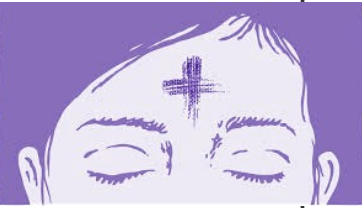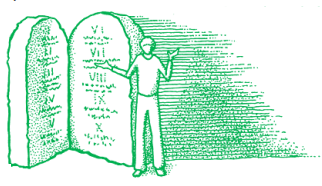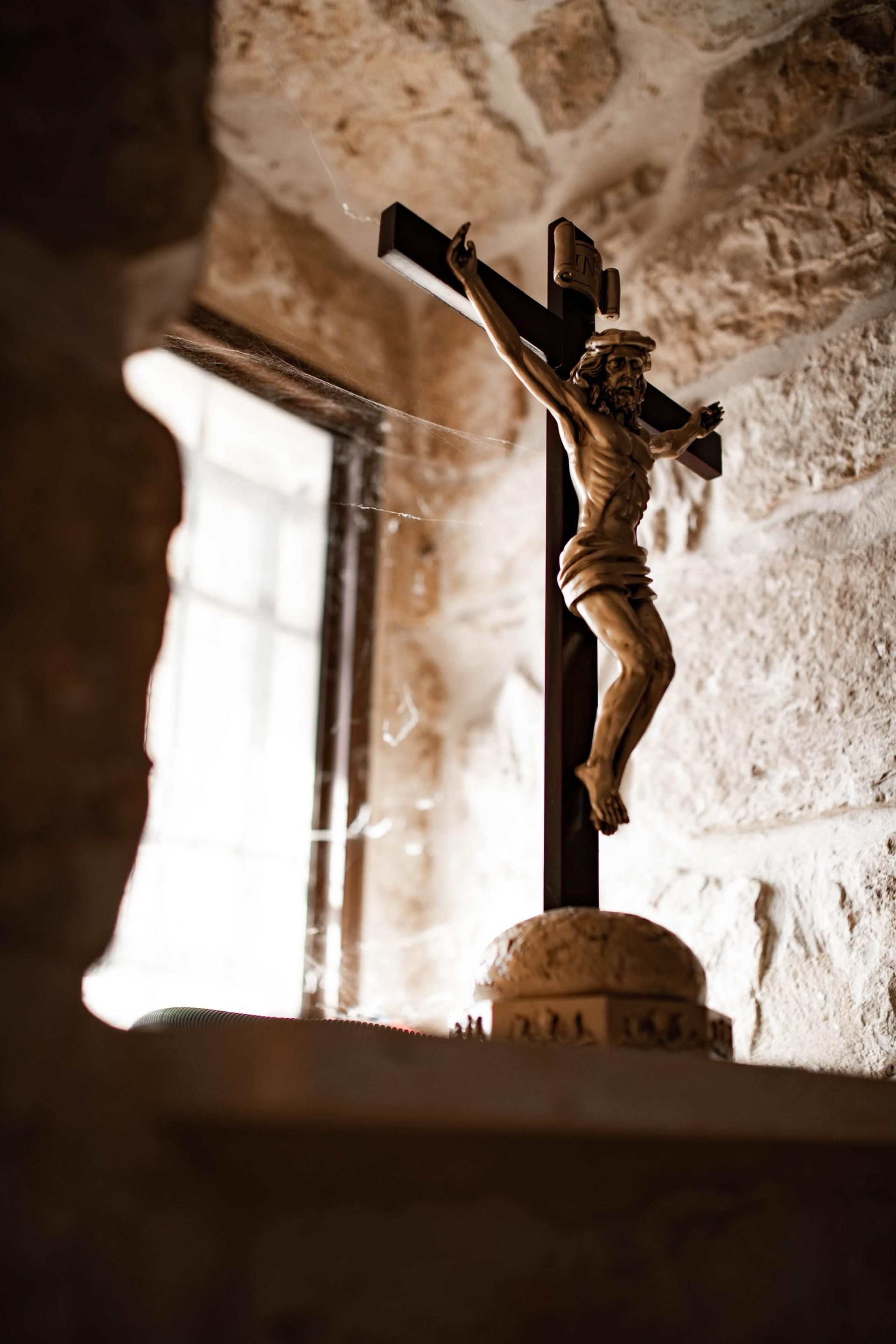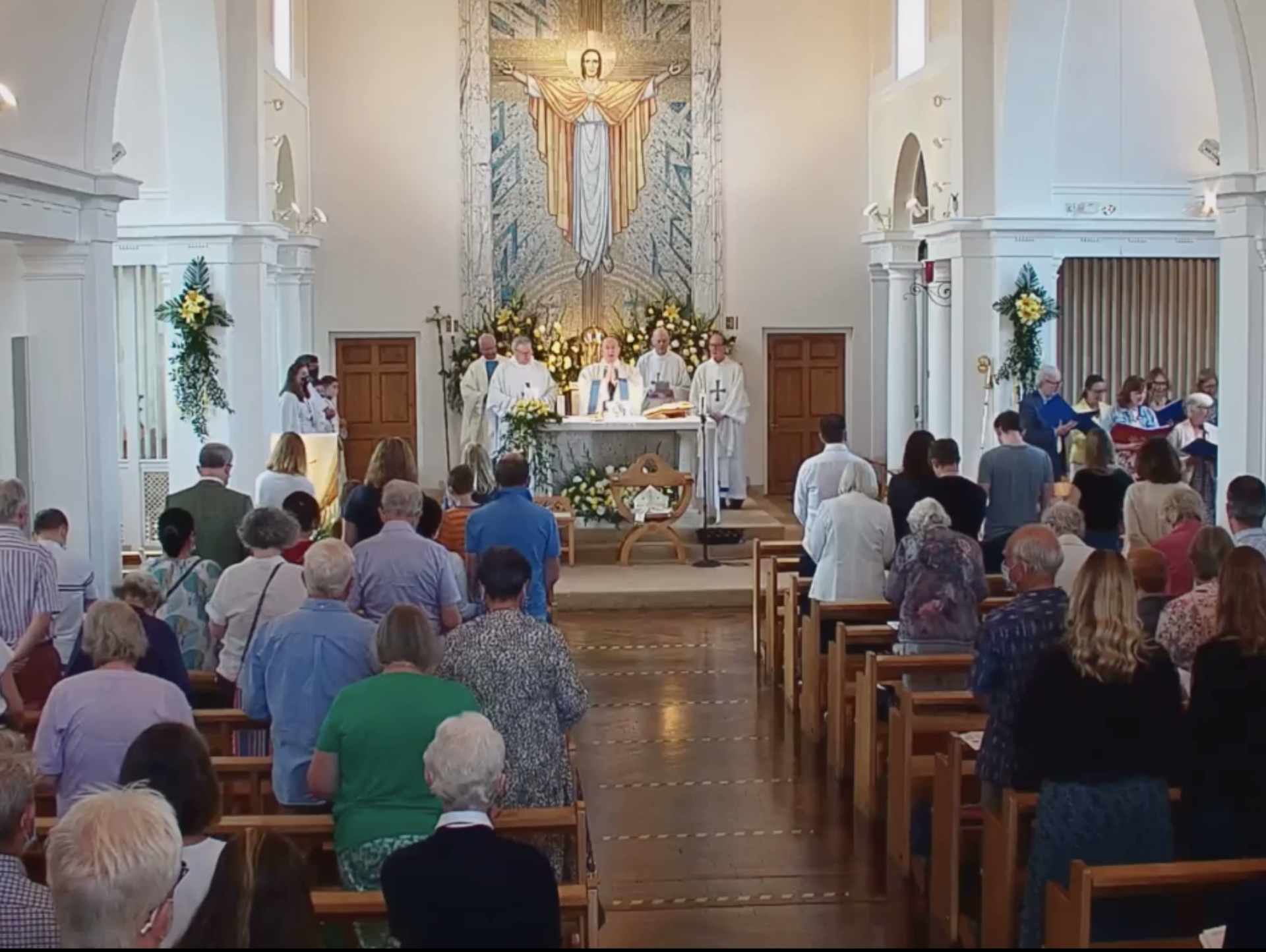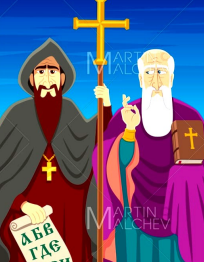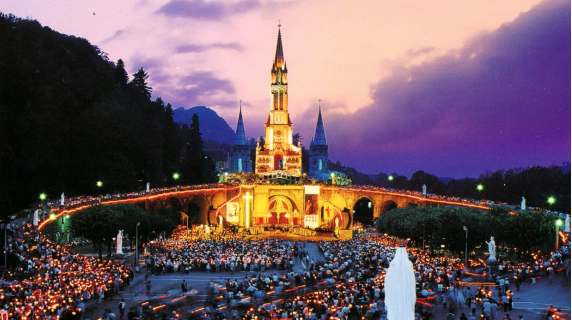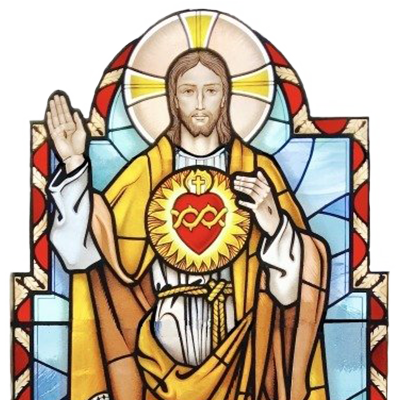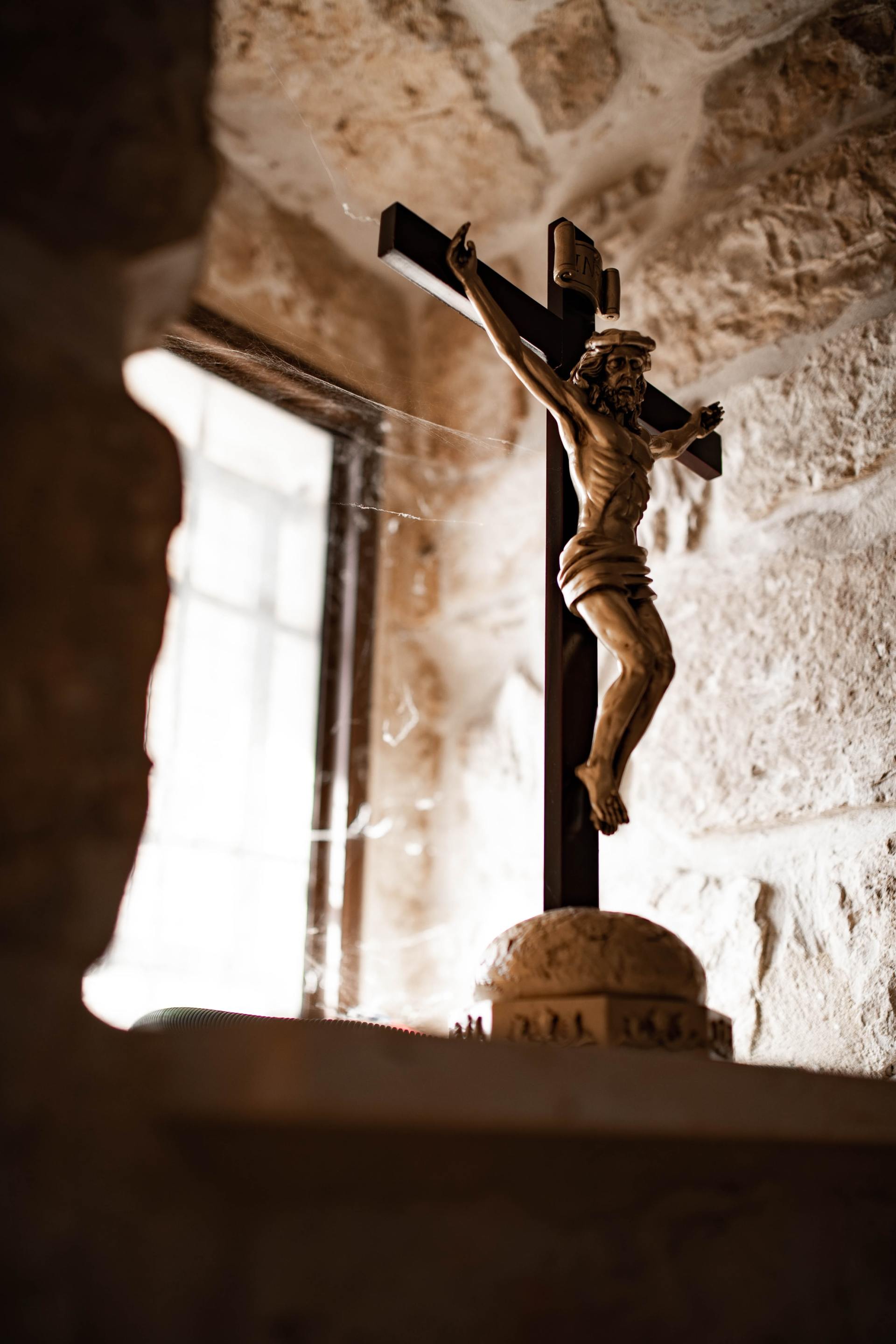THE ROLE OF THE DEACON
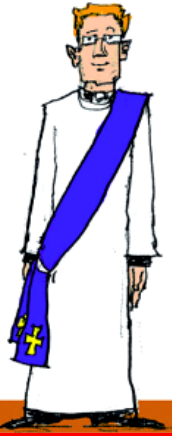
Deacons are members of the ‘clergy’ along with ‘priests’ and ‘bishops.’ The deacon’s ministry has three dimensions to it: liturgy, word, and service.
At the liturgy, he assists the bishop and priests - at Mass, the deacon proclaims the Gospel, may be invited to preach the homily, and assists at the altar. The deacon may also baptise, witness, and bless marriages, preside at the Liturgy of the Hours, and preside at funeral liturgies (non-requiem) among many other duties.
Living in the world, deacons have a particular sensitivity to the needs of real families – including single parents, students, older people, those with disabilities, the incarcerated and those who suffer from poverty or addictions of many kinds.
All Christians are called, but the deacon serves with a special grace – a unique authority and humble power. He is responding to the prompting of the Holy Spirit. He is sent by the Church to be the presence of Christ to those in need.
On Thursday 29th June at our 19.30 evening Holy Day Mass for St Peter and St Paul, Bishop Richard will be coming to Cobham to ordain Paul Fisher to the Permanent Diaconate. All parishioners are warmly invited to come along to join in prayer at this important moment in the life and development of our Parish. A reception will follow afterwards in the Parish Centre.
